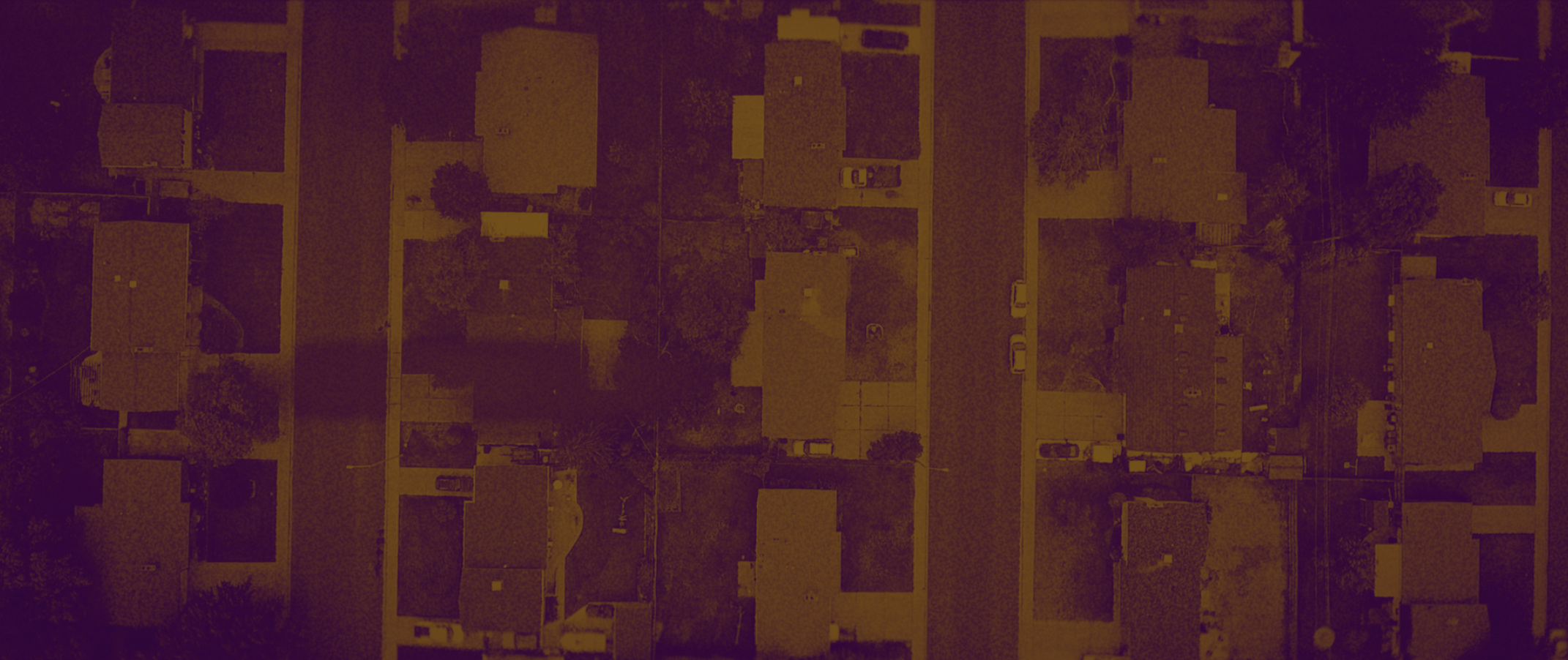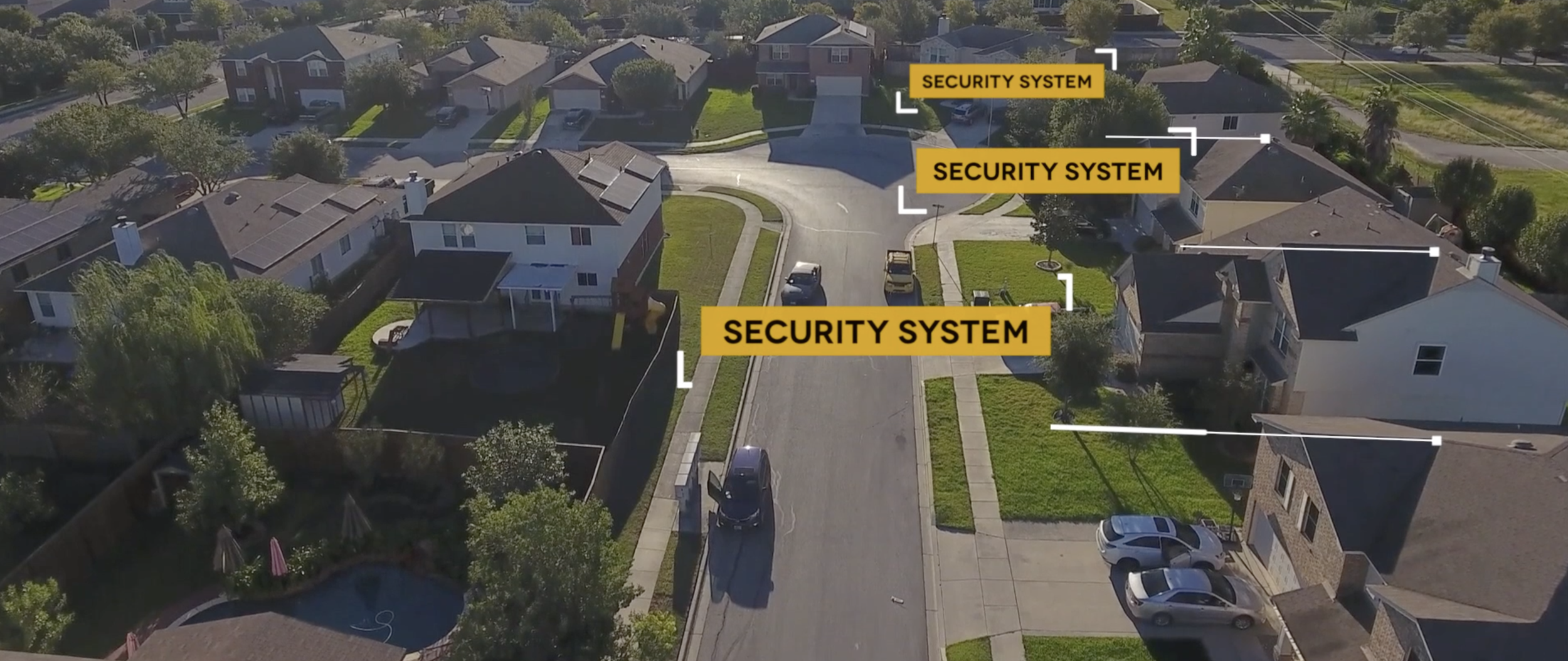
HOME PROTECTION: Part Three
by Brendan Steidle
Home Security Alternatives
Home security. Home security is like hiring a team of unarmed security guards to stand sentry over your home. Outside or inside or both—at every window and door—with sensors and cameras—with locks that auto-lock if you forget, and speakers that respond if you’re not home—it keeps watch.
A security system doesn’t accidentally shoot you in the foot. It doesn’t shoot a hole in the wall, or a shot that ricochets into a child. It doesn’t have to fire a warning shot—it’s sirens are disruptive and unmistakable. And—unlike you—it doesn’t fall asleep. Ever. It isn’t confused what the sound was in the living room. It doesn’t have bad dreams, or become suicidal. It stays on alert. It knows the difference between the cat knocking over a glass of water, and the glass breaking in the window above the sink. It wakes you when there’s trouble. It calls the authorities when you’re away. And it’s there 24/7, ready for anything.
“Security systems reduce the chance that a home will be broken into by 75 percent.”
Security systems have proven their effectiveness. In fact, a security system doesn’t just help you after a break in—it’s been proven to help stop intruders before they break in. Criminals who see a security system are more likely to turn away than turn towards a home. A study of 3,000 households by the researchers Rengert and Wasilchick showed that a security system was one of the few “signaling” mechanisms that actually deterred crime. And quite a bit of it. The chance that a residence is burgled is nearly 3 times greater for homes that don’t have a security system than for those that do according to a study by Hakim-Burk in 1991.
In a study in 1994 (by Wright and Decker) that spoke with burglars directly, three out of four of the criminals were deterred by the presence of an alarm at least sometime in the course of choosing and entering a target. And the other security precautions—dead bolt locks, a dog, exterior lights, pins in window frames and bars on the windows—those have been found to be significantly less effective than alarms. But at least they have some level of effectiveness. But a gun? Having a gun in the household? No. Gun ownership—no matter how intimidating—simply had no bearing on whether an intruder selected a home as a target. In fact, since more than twice as many guns are stolen than used in self-defense, the presence of a gun could increase an intruder’s interest in a home, rather than decrease it.
“Since more than twice as many guns are stolen than used in self defense, the presence of a gun could increase an intruder’s interest in a home.”
That means when it comes to home security, a gun is good for only one thing—fighting an intruder who is already inside your house. If you’re home. If you’re awake. Wouldn’t you rather scare the intruder away before they’re inside? No matter if you’re home or not? Security systems do that. Guns don’t.
But home security is even more powerful than that. Here’s a street of houses. Let’s assume that all three houses on this right side of the street have security systems installed:
These three houses successfully deter a criminal from breaking in—who sees that they have security systems and turns away. But now, let’s assume that the house across the street has no security system installed:
You’d think the intruder would target this one. I mean—a burglar is a burglar, he’s going to burgle something, somewhere, right? If not the one with the security system, the one without it. It’s a perfectly legitimate assumption:
That security systems don’t reduce crime—they just displace it; shielding homes that have them, and pushing crime onto those that don’t. But that’s not how it works.
A massive study that analyzed police department, alarm permit, and census data on every residence in Newark, New Jersey showed that there is absolutely no displacement of crime. Instead—the existence of a security system in one home means that surrounding homes without security systems are actually safer, too.
“It is conclusive that there is not only a statistically significant relationship and causal relationship between the increase of residential burglar alarms and the decrease of residential burglaries, but also a geographic diffusion of benefits of burglar alarms on residential burglaries. The houses with residential burglar alarms installed are less victimized and better protected than the houses without burglar alarms. Houses located next to a house with a burglar alarm installed are also less likely to be victimized and are better protected.”
The Impact of Home Burglar Alarm Systems on Residential Burglaries, Seungmug Lee, Ph. D., The School of Criminal Justice, Rutgers
That’s pretty amazing. It means that security systems don’t just help you, they help your community. They serve as a powerful shield—wider than the home they’re shielding. They reduce crime, rather than displacing it. And they’re good at it. Damn good.
How good? Security is a $25 billion dollar business each year in the US alone. That’s about twice as big as the guns and ammunition industry, and for good reason. It works. That’s why every company—every business—one of the first things they do is install a security system. Security systems first—not guns.
Just think how crazy it would be for a company’s security plan to be: “Hey, let’s hand out guns to all of the office staff. They’ll protect us and our property. What could go wrong?” Of course, plenty could go wrong. It would be absurd! A gun under every desk?! You don’t want guns distributed like staplers and copy paper. You don’t want your office workers packing heat. Maybe some of them would handle it fine, sure, but come on—everyone? Without any training at all, just hand out guns to everyone—because remember: there’s no training requirement to purchase a gun. Just think how many more workplace shootings there’d be, how you’d be on edge the moment you arrived in the morning, the second anyone raised a voice—or merely an objection. It wouldn’t make sense for security reasons either—what happens at night, when nobody’s at the office? The security would just…disappear.
And yet the same logical arguments that would stop you from handing guns out to the office staff are the ones that should keep you from keeping one in your own home. It’s not an effective security strategy. It’s a dangerous weapon that can be mishandled or misfired. And what happens when nobody’s home? The security would just…disappear.
“Businesses know that the first step to physical security is a security system—not armed guards.”
Businesses know better. They know the numbers. They read the studies. Businesses have security systems built in because they know a system is better than a gun under every desk. Businesses have more at stake than the average homeowner. Where homeowners have thousands of dollars on the line, businesses have millions—maybe billions. And they have to protect employees, shoppers, clients—and business partners. They have to protect their reputations. So they take security seriously. They follow known best-practices, they attend industry conferences and talk about ways to be better—about what might work better. So, what do they do?
Security systems first. First and always. Then unarmed guards. Then armed ones—and only if they’re trained. Trained and armed security often comes in the form—not of private firms—but of police.
So security systems are the first choice—but what about that last choice? If police are armed, why shouldn’t you arm yourself and your home with a gun? To learn why it’s not a good idea to keep that gun for personal safety, read on…









